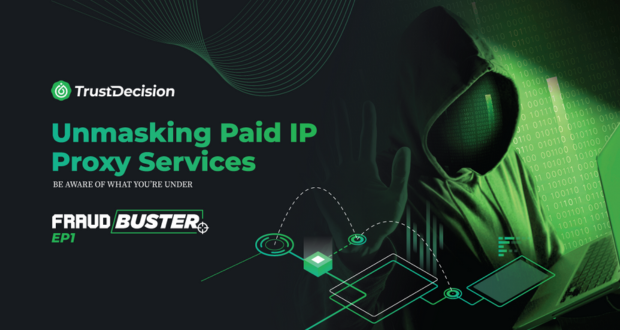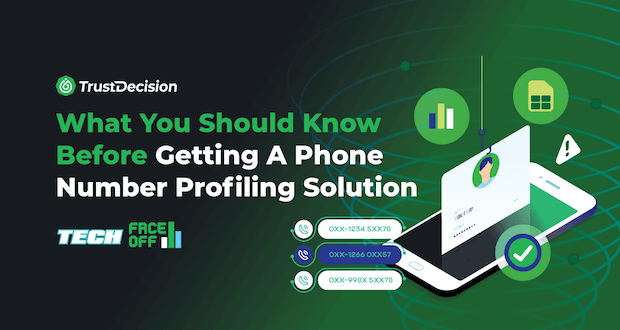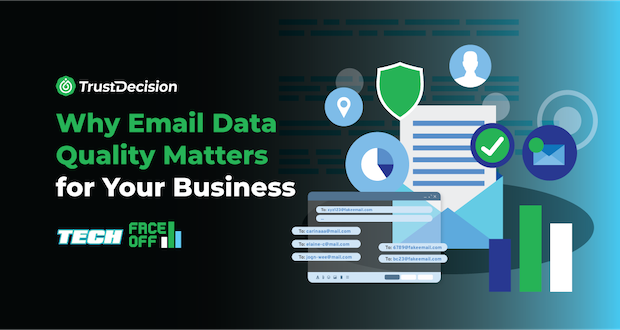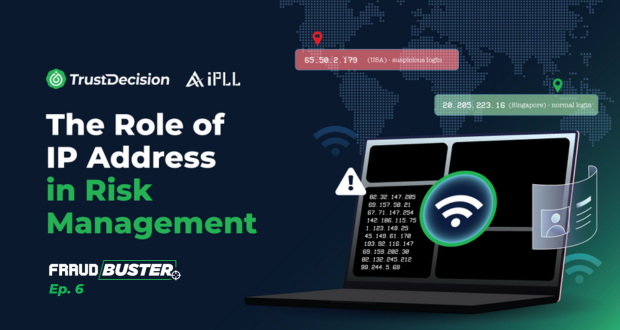In today’s digital age, the anonymity and security of online activities have become paramount concerns for individuals and businesses alike. A key player in this ongoing battle for privacy is the IP proxy, a tool that offers both protection and potential for misuse.
What is an IP Proxy and How Does it Work?
An IP proxy serves as an intermediary between a user’s device and the internet, allowing for the browsing and accessing of online content. Whenever an internet user visits a website, they are assigned an IP address, which is required for the two-way communication between their computer and the website – much like a return address is needed whenever we send a letter, so we can receive a reply. Just as we would provide our address on an envelope, our computer shares its IP address with the website so that the website knows where to send the data we requested.
How Bad Actors Utilize IP Proxy for Illicit Activities?
Malicious users do not want their true IP address to be known for obvious reasons, such as to engage in illegal activities without being traced. To conceal it, they use proxy software. A proxy acts like a middleman, their internet requests are rerouted through another computer (the proxy server), which makes the request on their behalf and then sends the data back to them. In this process, the website only sees the IP address of the proxy server, not the real IP of the person making the request. So, fraudsters can visit websites without directly revealing their identity.
A Case of IP Proxy Misuse in China
In April 2022, prominent Chinese social media platforms introduced a feature displaying users' IP geolocation, sparking debates on privacy. This move, intended to combat misinformation and cyberbullying, inadvertently fueled a demand for IP proxy services, as users sought to mask their locations. This surge in proxy usage led to the emergence of a black market, exacerbating issues like spam, scams, and more severe cybercrimes.
A notable incident involved telecom fraud resulting in significant financial loss, where two telecom employees unlawfully assisted upstream buyers in setting up servers, changing the real IP addresses of broadband accounts, resulting in one victim being defrauded of over $200,000.
Law enforcement in China tracked down illegal IP proxy services, resulted in 82 service enterprises were investigated, over 13,000 illegal broadband lines and more than 5,000 broadband accounts were shut down.
Meanwhile, cybersecurity firms including TrustDecision are also continuously improving our tactics in the fight against black-market operations. “IP profiles” were constructed through techniques such as IP geolocation identification, proxy IP recognition and risk labelling to create IP profiles. This has aid digital businesses to identify fraudulent activities.
How Did Other Global Digital Platforms Utilize IP Proxy?
Globally, platforms like Twitter and Facebook have implemented measures involving IP address analysis to counter misinformation and inauthentic behavior, albeit with privacy concerns and debates over censorship. Reddit uses IP data for enforcing bans, and YouTube's content management relies on user geolocation, both driving the use of VPNs and proxies to circumvent restrictions. These cases illustrate the complex interplay between enhancing platform integrity and preserving user privacy in the digital age.
How To Detect IP Proxy Fraud?
Detecting IP proxy fraud is a multifaceted challenge that requires a blend of technological, procedural, and human elements. Here’s a deeper dive into the strategies:
- Traffic Pattern Analysis: By examining the volume, frequency, and type of requests from specific IP addresses, anomalies indicative of proxy use, such as an unnaturally high volume of traffic, can be identified. This approach helps in recognizing potential automated attacks or fraudulent activities. IP profiling can also be used in conjunction with traffic analysis to track historical activity from specific IP addresses, highlighting any deviations that could indicate proxy use.
- Advanced Detection Algorithms: Machine learning and AI algorithms can be trained on vast datasets to recognize the subtle signs of proxy fraud. These systems learn from historical fraud patterns, enabling them to identify new and evolving tactics used by fraudsters.
- IP Reputation Lists: Utilizing databases that list known proxies, VPNs, and Tor exit nodes can help in preemptively blocking or flagging traffic from these sources. However, this requires regular updates to the lists to ensure new proxies are recognized.
- Behavioral Analysis: Monitoring user behavior for inconsistencies, such as mismatched time zones, languages, or browsing patterns that don’t align with the purported geolocation, can signal proxy use intended to deceive.
How To Ensure Safety while Protecting User Privacy?
Achieving a balance between safety and privacy in the digital realm is an ongoing challenge. Here are strategies to navigate this complex landscape:
- Transparent Policies: Clear communication about data collection, processing, and sharing practices builds trust with users. Transparency about the use of proxies for security purposes and the steps taken to protect user data reassures individuals about their privacy.
- Privacy-Preserving Technologies: Implementing technologies like end-to-end encryption, secure multi-party computation, and differential privacy helps in safeguarding user data, even as platforms take steps to monitor and prevent fraud.
- Regulatory Compliance: There’re a range of international security standards and certifications that important to establish robust data governance, risk management and privacy practices. Here are the few of many certifications businesses should look into — ISO 27017, ISO 27001, GDPR, ISO 27701, PCI DSS and SOC2.
The use of IP proxies in the digital domain is a double-edged sword, offering essential privacy protections but also posing significant security challenges. The case of China's crackdown on IP proxy misuse and the strategies employed by global platforms underscore the necessity of a nuanced approach to cybersecurity. As digital spaces evolve, so does the strategies to protect and empower users, balancing the dual imperatives of safety and privacy.












